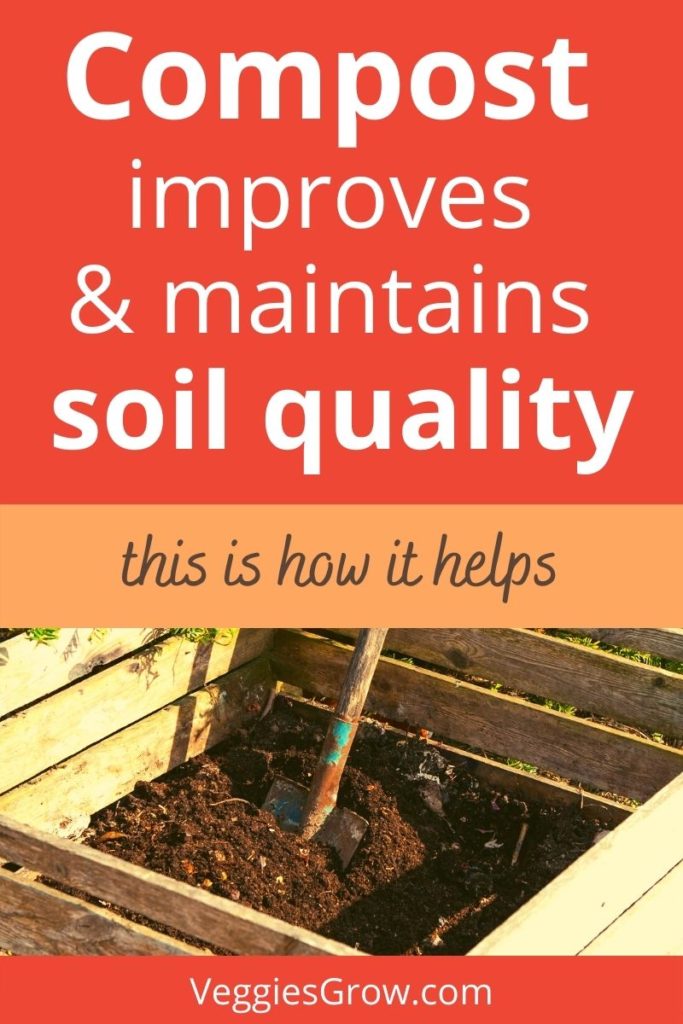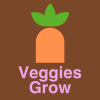Compost is a soil amendment and a source of plant nutrients that can be easily made at home using kitchen waste and garden waste at almost no cost other than initial set-up costs.
Composting is also a quick and easy way to dispose of kitchen waste without adding it to landfills, where it produces a large amount of methane gas, a greenhouse gas, and pollutes the environment, and has no value.
You can mix compost into your vegetable garden soil before adding your seeds or seedlings. Compost can also be used for container-grown vegetables by mixing it with potting soil or any other substrate, such as cocopeat, in which you grow your vegetables.
Adding compost is beneficial for your soil and vegetable plants grown in it due to a number of reasons.
- Keeps soil pH relatively neutral
The pH of compost is usually around pH 7 (neutral), which is an ideal pH for growing vegetables.
Home-made compost maybe a little acidic but vegetables can be grown without a problem in slightly acidic soil that has a pH value higher than 5.5. You can mix some dolomite lime into your compost-soil mix to neutralize it a bit. Dolomite is also an organic source of calcium and magnesium.
- Enhances the microbial diversity of the soil
Compost has the potential to increase the microbial diversity of the soil because of the addition of organic matter that soil organisms can thrive on. When the number of different soil organisms in soil increases the health of the soil increases, benefitting plants in many ways.
- Suppresses soil pathogens and diseases
Many plant diseases are caused by soil pathogens that can hide in the soil for quite a long time. When the microbial diversity of the soil increases, the delicate natural balance between soil organisms is restored. This increases the number of beneficial bacteria and fungi that can keep soil pathogens at safe and low levels.
- Increases the water holding capacity of the soil
Compost can be used as a soil amendment and mulch due to its high water holding capacity. Adding compost to the soil was found to allow the soil to hold up to 2 inches of water, which is the amount of water required by vegetable plants for 2 weeks. This means that adding compost to the soil is especially important when growing vegetables in drought-stressed soils.
- Limits nutrient loss from the soil
The nutrients contained in compost are organically bound and as a result, are released into the soil very slowly. This means that the nutrients in compost are less likely to be washed away by rains because they won’t easily dissolve in water.
As a result, mixing compost into the soil before planting vegetables may be enough to supply plants with nutrients required throughout the season when the plants are grown directly on the ground.
- Improves soil structure
Loamy soils are the best for growing vegetables because they retain just enough water and nutrients that plants need but drain well, allowing sufficient air exchange in the roots.
On the other hand, sandy soils drain too fast and don’t hold much water and nutrients, while clay soils drain poorly and get compacted easily, completely stopping any air exchange from taking place.
Adding compost can help both sandy and clay soils by slowly changing the structure of these soils and giving them a more loamy texture.
Want to refer back to this later? Pin this to your favorite Pinterest board.


